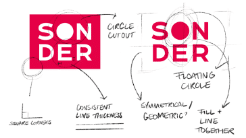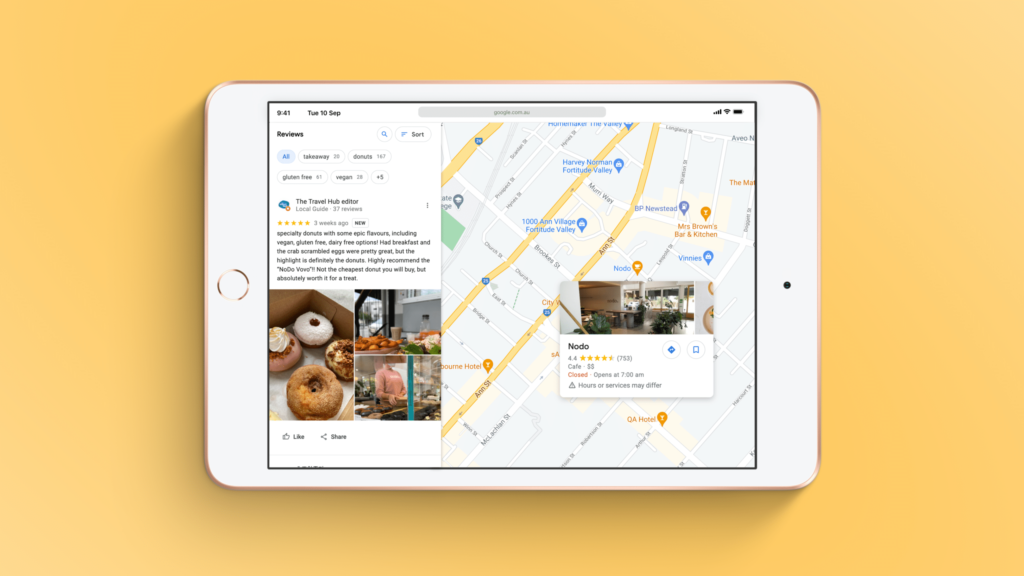The growing power of consumers
In an environment empowered by digital devices and social networks, consumers are increasingly dictating when, where and how they engage with brands. Consumers have become both critics and creators. Demanding a more personalised service and expecting to be given the opportunity to shape the products and services they consume.
They have been given a voice and expect it to be heard by brands. Consumers are also increasingly willing to share their experiences and opinions with others. For some categories, consumers are reluctant to buy without independent recommendations or reviews.
eCommerce and the pandemic
It goes without saying that the coronavirus pandemic has triggered an online shopping boom. With 9.4 % of all retail shopping done in March compared to 7.1% the previous year according to the Australian Bureau of Statistics.
But consumers are being misled by fake reviews, Australia’s competition watchdog warns. In 2018, the ACCC took action against businesses including Meriton for engaging in misleading conduct relating to customer reviews.
Fake reviews are rampant on a range of sites. From brands making online feedback part of their core offering, such as Amazon, sites that embed third-party review platforms such as Expedia, and platforms whose core purpose is to provide reviews and feedback, such as TripAdvisor.
Fake reviews are influencing consumer behaviour, and are estimated to fuel $1.2 billion worth of e-Commerce sales in Australia in 2021. While 9 in 10 shoppers rely on consumer reviews when buying goods online, approximately 4% of all reviews posted are fake, the report warned.
The black market for fake reviews
The benefits of trading in fake online reviews are clear and proven, so it’s no wonder that a burgeoning market for fakes has emerged. Fake reviews bring immediate benefits. An extra star on a restaurant’s Yelp rating can increase revenue by up to 9%.
The Federal Trade Commission has shown that outlay on fake reviews can provide a 20X payoff. For instance, in an enforcement case against Legacy Learning Systems Inc. it was found that $250,000 outlay on fake reviews generated more than $5 million in sales.
A study led by University of Baltimore economist Roberto Cavazos found that “…the deployment of fake reviews causes a substantial short-term rocket in organic search positions lasting four weeks, even after deletion or detection”.
The report warns that the eventual culling of fake reviews occurs on average after 100 days, giving fraudsters enough time to turn a profit. The report determines that “the economic benefits outweigh the risks and costs of being caught. This incentivizes bad actors and the ongoing growth of this underground economy.”
“The trading of fake online reviews has become standardised with groups, commission structures, and loyalty schemes,” the report said. “Payments change hands from around 25 cents to $100 per review.”
The report reveals the sheer size of the underground trade in five-star reviews, which it claims are charged at anywhere between 25 cents to $100 per review. Reviewers may be encouraged to purchase an item for ‘review’, which they are then reimbursed for and allowed to keep, sometimes in addition to a commission. Other crackdowns have shown bulk packages of reviews selling at $11,000 for 1000, with ‘review rings’ further enrolling in loyalty schemes to ramp up output.
Fake reviews are often written by humans, but researchers now warn of a resurgence of ‘bot-filled’ reviews, with ad fraud bots are signed up via travel, e-commerce paid search and social campaigns, the report claimed.
There’s opportunity in negative reviews
With all the bad news about negative reviews, it’s interesting to note that Small Business Trends reports that a negative review can still increase sales. The likelihood of a purchase peaks when a product’s star rating is at 4.0 – 4.7, then begins to decrease as the rating gets closer to 5.0. Demonstrating that a perfect review history is far from perfect.
This is true particularly in the retail landscape, where having a mix of negative and positive reviews gives potential customers the impression that the reviews are authentic. According to Speigel Research Centre’s report, if a business has nothing but excellent reviews, it tends to lead to suspicion.
In a Review Trackers’ survey, 45% of respondents said that they’re more likely to visit a business if it responds to a negative review. Given the growing power of consumers and their demand for a more personalised service, the value customers place on brands who listen to and take action when faced with a negative review cannot be understated.
In fact, negative reviews offer brands a perfect opportunity to turn the table, to acknowledge and address customer pain points, and show that they value their customers. Through reviews, customers have the power to shape the success of companies willing to respond to and act upon customer expectations and demands.
Customers are talking and people are listening. The online review is potentially the most powerful, mutually beneficial tool Australian businesses can employ and any consumer can support. With potential customers reading and making decisions based upon reviews, how important do you suppose the review is to your business?
—


 Don’t delay book a free digital chat today
Don’t delay book a free digital chat today

